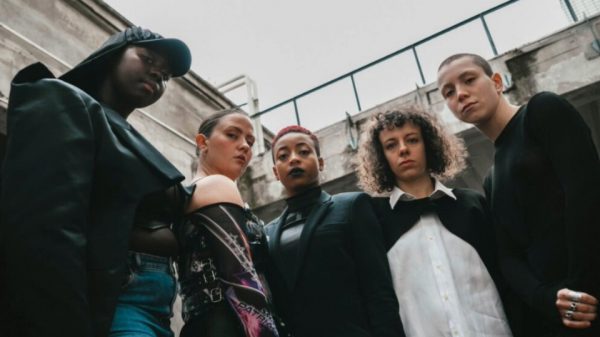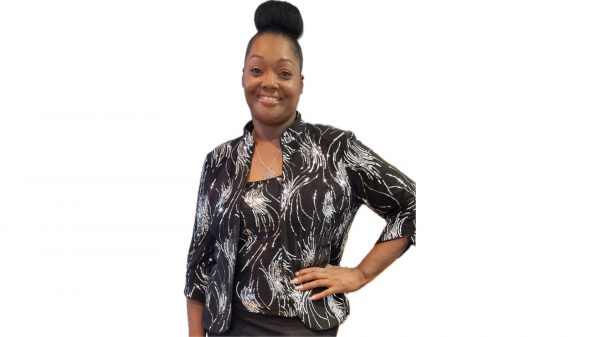As Fela! The Musical arrives in London for its second UK run at Sadler’s Wells, PRIDE’s Gloria Ogunbambo caught up with one of the masterminds behind the show, its director and choreographer, Bill T. Jones.
Pride: Hi Bill. How are you?
Bill: I’m fine thank you. I’ve just crawled out of a deep sleep!
P: Congratulations on the play’s success so far, you’ve had runs in NY and you’re back in London for a second season this July. You’ve won Tony awards and been nominated for Grammys. Did you anticipate the response at all?
B: No. I think we were just making something for the sake of seeing a story brought back for another generation. That’s what we got from our lead producer who encouraged the whole project and that’s what we wanted when we started the whole project. Everything else has been extra.
P: What do you think it is about this musical that really strikes a chord with people?
B: Well I think that this musical has a heart and a logic more so than commercial theatre. It’s doing new things. Within the first act- within the first 15 minutes, you’re asked to participate in the show. it’s the logic of a rock concert…or I should say and Afrobeat concert! I don’t think it’s a smarmy thing. It’s just something that brings joy to you. Something that brings community.
P: What made you take on the project? Why did you feel that Fela’s story was one that needed to be told?
B: Fela was a charming and persuasive man and his charm and enthusiasm were infectious and he was the one that was really pushing this [musical] and he still is today. Like many people I’ve listened to the music. I’m a member of an avant garde dance collective called The American Dance Asylum and we work as an art collective of modern dance majors and one of our teachers Lois Welk- a founder, went to the local library looking for African music for a dance class and she brought back this music and we all thought it was going to be folklorical but it was something quite different. You hear the songs with your hips but the songs really have another purpose as well; the songs are about raising consciousness. Fela was very noble actually and not in a cynical way. He could have made a lot more money but his belief was such that he stayed where he was. That sort of thing really fuelled my interest.
P: Was there an effort to modernise the play and bring it to a younger or less familiar audience?
B: When we made the show we thought there would be two populations interested: people my age- those who knew about Fela from the 1960s, and then there would be the YouTube generation- people who only know a great deal of the history through clips. When you look at the clips of Fela’s people in concert, the women stand out. They are striving for something that has an authenticity to it. My stage is different in that it also has men- men that have a certain panache and verve necessary to communicate through the medium of dance. There’s very little traditional African dance; everything you see is the imagination of Maija Garcia- my associate choreographer. She understands a big deal about African dance, so there are motifs in there it’s true. However a lot of it was thought about from a modern dance perspective. The geocentric stage, the way patterns and lines develop, the gestural work, they come from my vocabulary and the classical dance as well.
P: If I could ask you about something that you want people to take away from the musical, what would that be?
B: I’d want them to have an experience of having a good time but knowing something about activism, knowing something about how popular art can actually be useful to a community of people. The musical is full of those references: it’s about Fela teaching himself pidgin; making a song like ‘Zombie’; the market women teaching themselves how to sing to antagonise the military police. That for me is a perfect notion of how popular art can have an effect. There’s a really powerful scene at the end where the coffins are brought out. That scene is a question for the audience: Whose coffin are you wiling to carry? What is going on in the world? What are we willing to participate in? Fela was jailed about 200 times and his compound was burned down and that’s one of the reasons I wanted as many people as possible to see the show. He was not a perfect man by any stretch of the imagination but as lessons go, there is something to be said about this man.
FELA! The Musical runs at London’s Sadler’s Wells from July 20- 28 August 2011.
Go to www.sadlerswells.com for tickets and more information.

































































